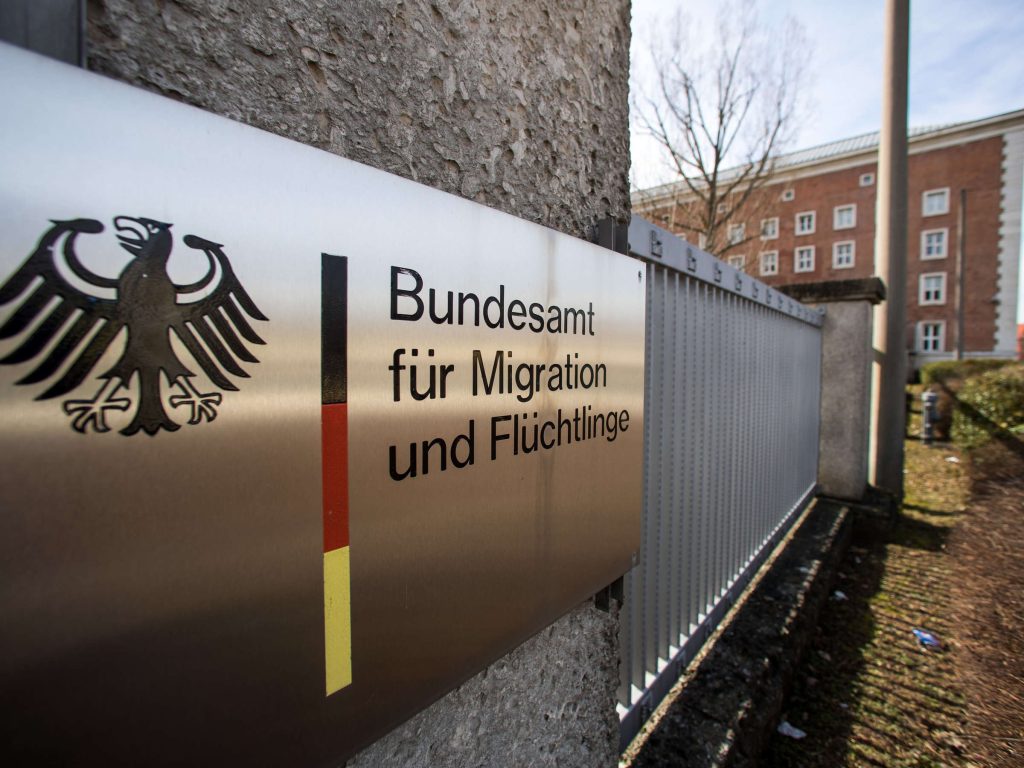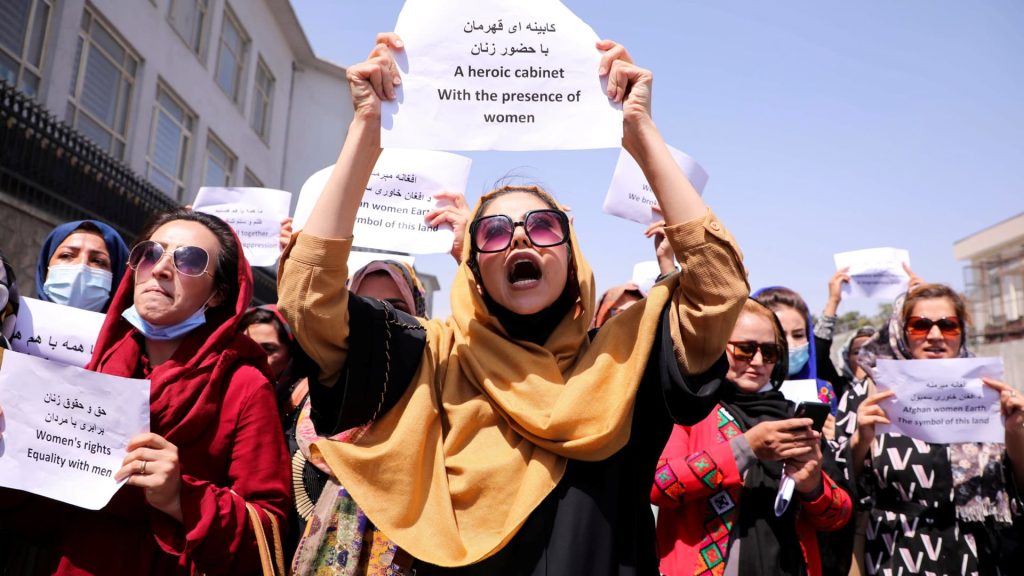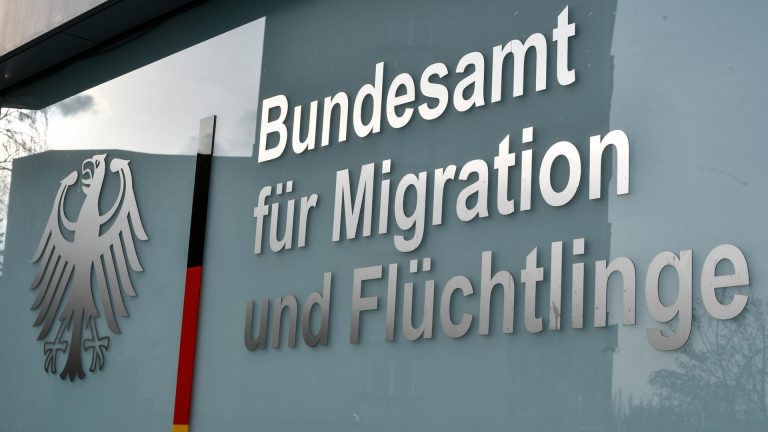1. Why is Germany Committed to the Humanitarian Acceptance of Afghans?
Germany’s commitment to the humanitarian acceptance of Afghans is rooted in its extensive involvement in Afghanistan over the past two decades. German military forces, humanitarian organizations, and governmental bodies worked closely with thousands of Afghans, many of whom served as interpreters, advisors, and support staff. When the Taliban retook control of Afghanistan in August 2021, these individuals were immediately at risk due to their cooperation with foreign governments, including Germany.
Recognizing the danger faced by these Afghans, the German government, along with other Western nations, acknowledged a moral and humanitarian obligation to provide them with refuge. This led to the creation of various programs, such as the *Bundesaufnahmeprogramm Afghanistan* (BAP), aimed at evacuating and resettling these vulnerable individuals in Germany, where they could live without fear of persecution.
2. What is the BAP Program and When and Why Was It Announced?
The *Bundesaufnahmeprogramm Afghanistan* (BAP) was officially announced on October 17, 2022. This program was specifically designed to facilitate the resettlement of vulnerable Afghans to Germany, especially those who were at risk because of their association with German organizations or their involvement in human rights activities within Afghanistan.
The BAP program was part of a broader German governmental initiative to honor its commitments to those who supported its mission in Afghanistan. The program’s goal was to resettle up to 1,000 individuals per month. However, despite these goals, the program has faced numerous challenges that have severely limited the number of successful transfers.
3. What Answer Did the Federal Office of Migration and Refugees Give in Response to the Questions of the European Diversity Newsroom?

In response to questions from the European Diversity Newsroom, the Federal Office of Migration and Refugees provided the following answers:
A) Question: “Since the official announcement of the start of the Federal Admission Program for Afghanistan (BAP) on October 17, 2022, nearly 21,000 endangered Afghans should have been transferred to Germany by today, July 18, 2024. How many people from this total obligation have actually entered Germany?”
Answer: “According to the admission order of December 19, 2022, under the program, the declaration of admissions for up to 1,000 people per month is possible. However, there is no obligation to meet this figure. Moreover, the Federal Admission Program Afghanistan (BAP AFG) should be seen in the overall context of previous admissions from Afghanistan. In the ongoing admission procedures from Afghanistan, the German government has so far offered over 48,300 endangered Afghan women and men the prospect of being admitted to Germany. Of these, more than 34,200 people have already entered Germany with the support of the government. This includes over 3,900 admission commitments for individuals under the BAP AFG, of whom 600 have entered Germany so far (as of August 2, 2024).”
B) Question: “According to reports on the details of the budget approved for 2025, there was a significant reduction in the Federal Admission Program for Afghanistan (BAP). What was the total budget for this program in 2023 and 2024? And what is planned for 2025?”
Answer:*”The total budget for the BAP in the 2023 fiscal year was €75.8 million. In the current fiscal year 2024, a total budget of €45.127 million is allocated. The budget required to implement the BAP AFG is decided annually. As a result of the necessary prioritization for budget consolidation, a total of €8.9 million is currently allocated for all resettlement procedures and services within the framework of humanitarian admissions in the 2025 government draft budget. There are no specific funds planned for the BAP AFG. The actual budget for 2025 will be decided in the parliamentary process by the German Bundestag as the budget legislator.”
C) Question: “Will this program be discontinued due to budget cuts? If it is adjusted, what points and topics will these adjustments and changes include?”
Answer:*”As a result of the necessary prioritization for budget consolidation, a total of €8.9 million is currently allocated for all resettlement procedures and services within the framework of humanitarian admissions in the 2025 government draft budget. There are no specific funds planned for the BAP AFG.”
D) Question: “What provisions has the German government made for Afghans who have already received confirmation of German admission but have not yet entered the country?”
Answer:*”The German government plans to enable all persons with an admission commitment who wish to leave and are capable of leaving (i.e., those who possess passports and meet Pakistani exit requirements) to depart as soon as possible. However, some factors required for departure are beyond the control of the German government. For example, the German government has no influence over whether the individuals to be admitted meet the conditions for entry and exit to and from Pakistan, especially whether they obtain Afghan passports and Pakistani entry and, if necessary, exit visas.”
4. Conclusion
The BAP program, despite its noble intentions, has struggled to meet its goals due to numerous operational challenges. Of the nearly 21,000 Afghans expected to be resettled through this program, only 600 have successfully arrived in Germany over the past 22 months. These delays can be attributed to a combination of bureaucratic obstacles, such as securing the necessary travel documents and visas, as well as the challenges posed by transit countries like Pakistan.

Ms. M., who does not want to be named in the report, is one of the Afghan human rights defenders who received an acceptance letter from Germany eight months ago. Since then, she has been asked to remain available in Pakistan, but she is still waiting for an embassy interview. She says, *“We have neither a way forward nor a way back. After three years of unemployment, we are dealing with economic, security, and spiritual crises here. We are literally forgotten.”*
The budget cuts planned for 2025 further threaten the viability of the BAP program. With the proposed budget significantly reduced from €75.8 million in 2023 to just €8.9 million in 2025 for all resettlement and humanitarian admission programs, the future of the BAP remains uncertain.
Given the severe restrictions on human rights, particularly for women, under the Taliban regime, it is imperative for the German Bundestag to reconsider these budget cuts. Human rights organizations and activists must advocate for the continuation and expansion of the BAP program to ensure that Germany upholds its commitment to protecting those at risk in Afghanistan.
Germany must continue to fulfill its humanitarian obligations, and the international community must not lose sight of the ongoing crisis in Afghanistan. The lives of many are still in danger, and the world has a duty to act.

Note: While the Taliban regime has not been officially recognized by any country, Germany and other EU nations continue to explore potential avenues for returning Afghan asylum seekers. However, this complex and sensitive issue requires careful consideration of the ongoing humanitarian crisis in Afghanistan.




